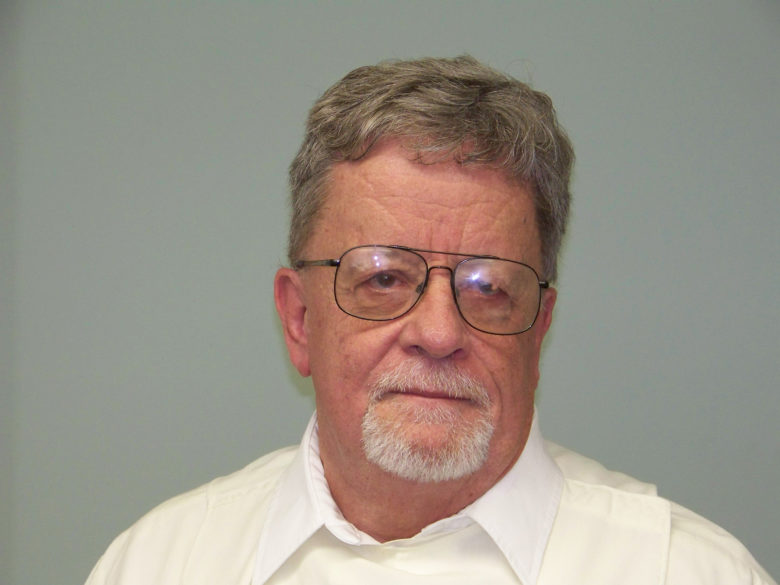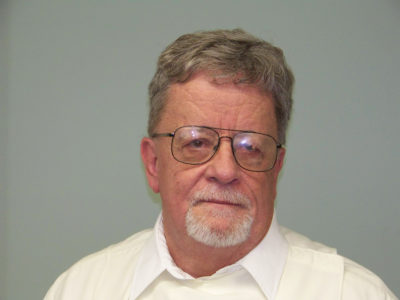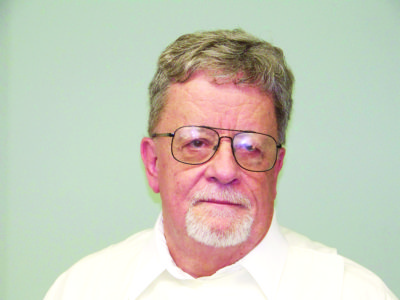Millennial reflections
By Father Jeremy Tobin, O.Praem
Holy Week is upon us and we will be immersed in all the rituals and ceremonies celebrating death and life. The legislative session is mercifully over, and the politicians are all out campaigning to get reelected. We still fight for the same social justice issues that so much need to be addressed, but these days, we do it with a fresh spirit. Is it the coming of Spring perhaps? There is some new energy that gets released when the Vernal Equinox arrives.

So, the coming of Easter is a new beginning. We celebrate death and resurrection. We do this so often in our own lives. Spring is a time of letting go – perhaps in the form of “spring cleaning.” Perhaps in the form of a walk outside to witness the transformation of the landscape. Out in the woods around our priory new creatures emerge; birds have staked out their turf. The fresh green leaves, the blossoms and the extended daylight say out loud life continues. Even death is the seed that produces new life.
Endings and beginnings. During my 30-years of work in Chicago, I got to know a lot of folks with roots in Mississippi. One family moved back to Vicksburg in the early 80s. They waited until they heard a blizzard was about to bury Chicago and the temps would plummet to invite me South for a visit. For three years in the 80s I spent the week after New Year’s in Vicksburg eating soul food and talking about the old days. I did not know then that my community would seek to establish a foundation in Mississippi.
We Norbertines came to Jackson, Mississippi, in 1990 at the invitation of the late Bishop William Houck. We took up residence at Jackson St. Mary Parish, 653 Claiborne Avenue. In November, 2004, we moved into the new priory on Midway Road. Bishop Joseph Latino blessed it. From then till now more than 15 Norbertines were part of this community. Mississippi changed all of us, for me – the change was profound.
A lot happened in 29 years. I reconnected with Mississippi people related to Chicago people I knew. I learned so much more about the struggle for justice that shapes my life.
But, as we all got older, no young blood stepped forward to replace us. So, our leadership in De Pere Wisconsin decided to close the priory and move us back to St. Norbert Abbey. This has been in the works for a couple of years and now we are selling the property and moving back by June. People are shocked but I have to get this out there.
We live in a fast-paced changing world. Climate change is going on right now even though we may be unaware. A chunk of a massive glacier in Antarctica, the size of the state of Florida is rapidly coming apart. The sea levels are dramatically rising. Nothing we can do about it now. Scientists are measuring the changes anticipating the outcome. There are pictures from space. There are oceanographer ships out there close by. They write about the warm water hollowing out the glacier until giant pieces collapse. Our planet is changing. We need to reread Laudato Si again. Maybe it is the first time. There is wisdom and a plan to protect our common home.
Lent is so much about mercy and compassion. The Scripture readings for Sundays and weekdays make for great reflection. The prodigal son, the woman awaiting stoning, the woman at the well. The morning I am writing this, at the Carmelite monastery we read from John 5: 17-30. Jesus is describing his identity and mission. In verses 22 and 23 he says, “Nor does the Father judge anyone, but he has given all judgment to his Son, so that all may honor the Son as they honor the Father…” We see just how a merciful judge Jesus is. “Has no one accused you?…Neither will I accuse you. Go and sin no more.”
We will miss our home in the deep South, but we must also embrace our beginnings and our endings. Me? I will move back with my brother Norbertines and then return to Jackson and take up residence at Holy Family Church on Forest Avenue off Watkins with Father Xavier Amirtham, our Norbertine pastor, for another year. I hope to do what I am doing now and be useful. I hope to continue writing for the Mississippi Catholic until I “really retire” up North. There will be more to come. Be blessed everyone.
(Father Jeremy Tobin, O.Praem, lives at the Priory of St. Moses the Black, Jackson.)


